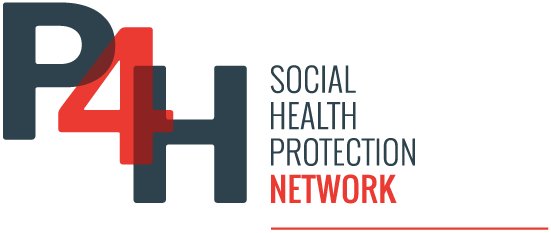SECM annual activity report, 2023 (Belgium)
In this document from 2023, the Service d'évaluation et de contrôle médicaux (SECM) of the Institut national d'assurance maladie-invalidité (INAMI) reports on its activities. The SECM's statutory mission is to ensure that the resources of the health care insurance...

Conseil Nationale de Santé 2025: Congolese healthcare takes a strategic step forward
In Congo, the National Health Council brought together 15 ministers and multiple stakeholders on July 2025 in Brazzaville. Financing and governance were at the heart of the debates. In Congo Brazzavile, the National Health Council (CNS) brought together 15 ministers...
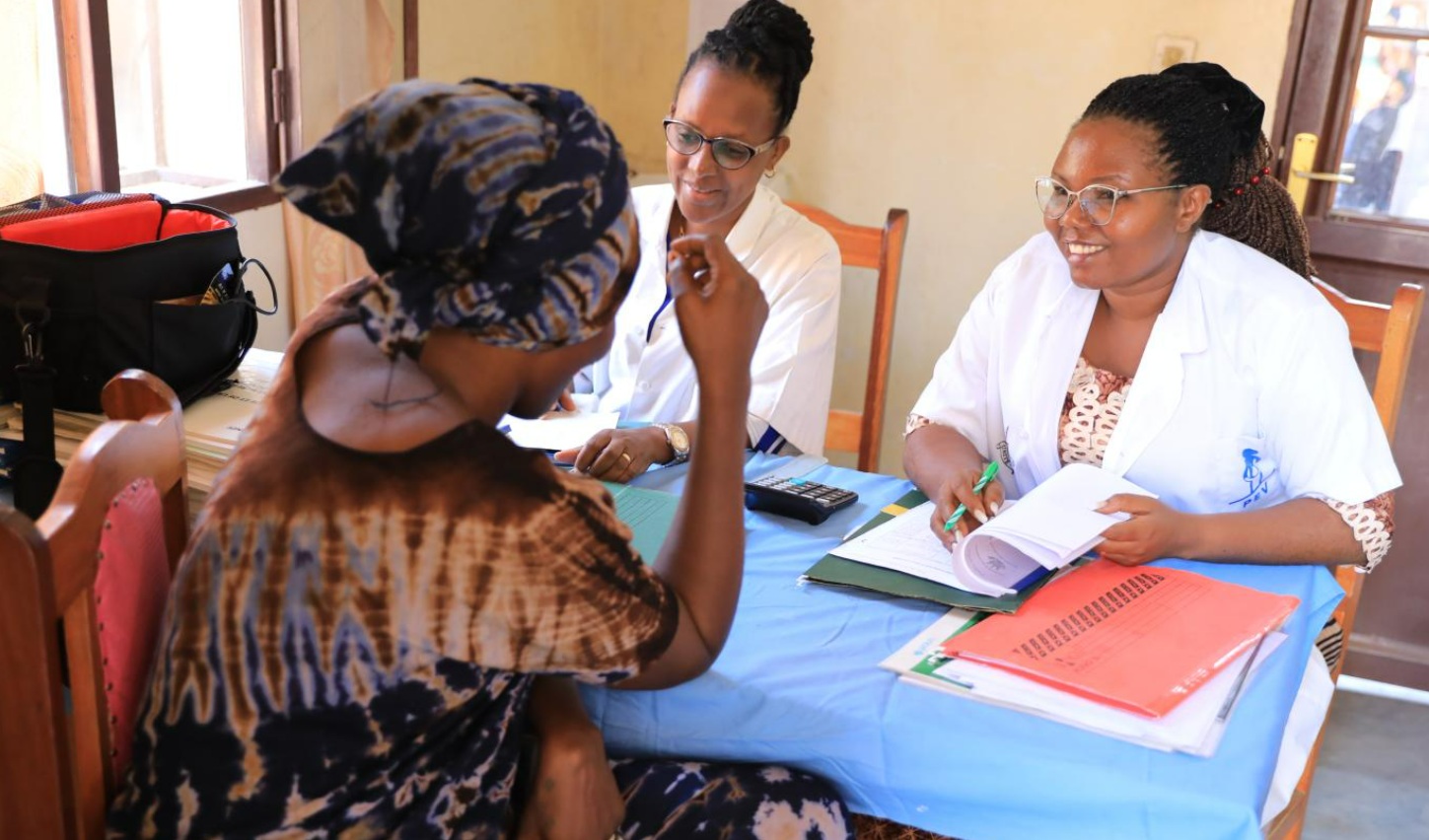
In Burundi, the Carte d’Assistance Maladie (CAM) is compulsory for everyone.
In Burundi, the Carte d'Assistance Maladie has become compulsory for adults not already covered by other means. The cost is 3000 Burundian francs (US$ 1). Its success as a social protection measure depends on its implementation. In February 2025, the government of...
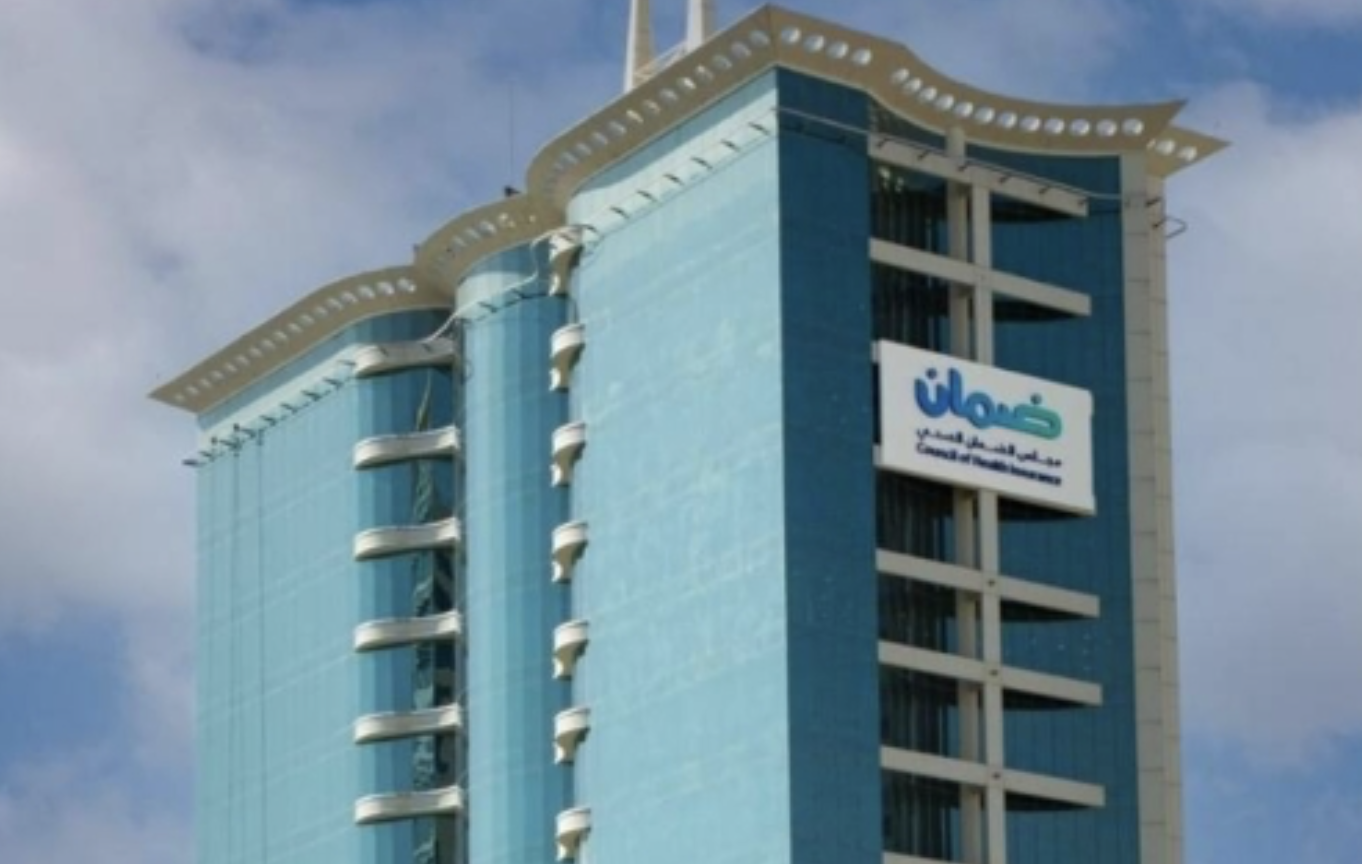
Move to include new categories of individual workers under insurance coverage in Saudi Arabia
The Saudi Council of Health Insurance will engage a consulting firm to study mandatory health insurance for domestic workers, effective July 1, 2024, for households with over four workers. The study will assess extending coverage to smaller groups and raising limits...
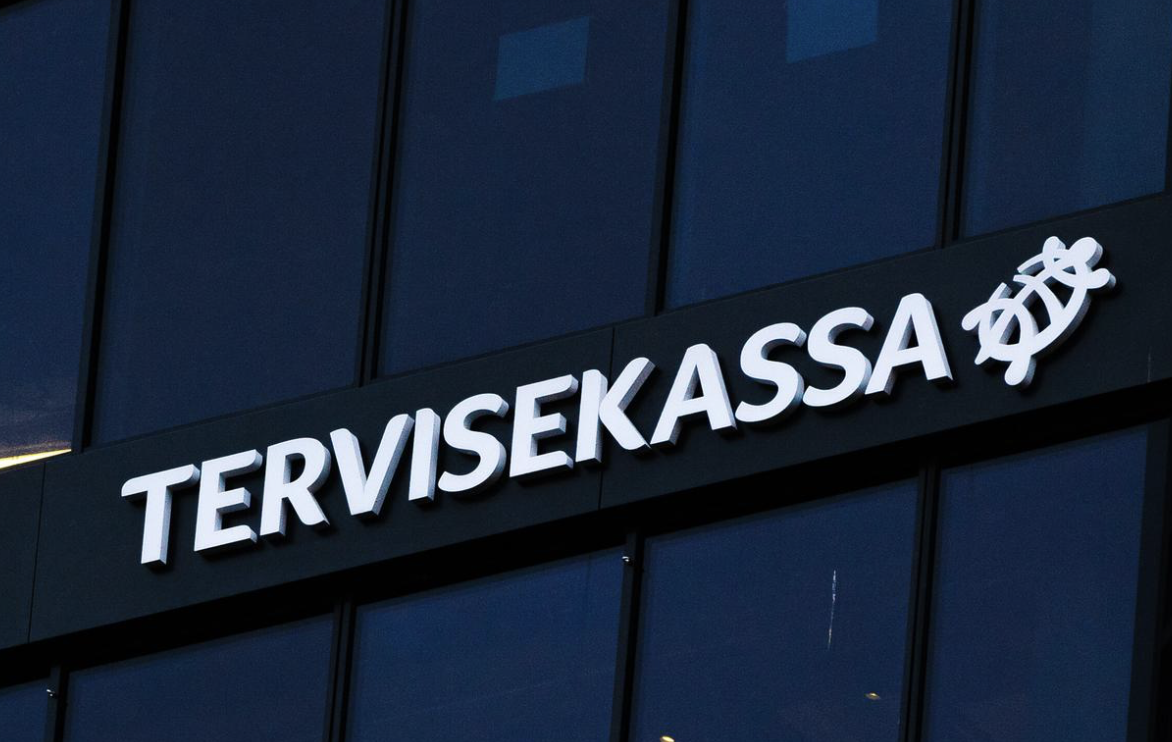
Healthcare and social welfare systems to merge under new plans in Estonia
Estonia plans to merge health and social care systems for better coordination, but interest groups fear rushed reforms could disrupt services, especially for vulnerable groups. Critics warn unclear funding and added bureaucracy may reduce access and strain providers....
The socioeconomic and health system determinants of financial protection indicators: a global systematic review (2008–2023)
Financial protection is a cornerstone of Universal Health Coverage, yet millions of households worldwide continue to face catastrophic or impoverishing health expenditures. Understanding who is most vulnerable is essential for designing equitable policies and...
No shortcuts to universal health coverage: lessons from accountability initiatives
Universal health coverage (UHC) has long been a global health priority, reaffirmed in multiple international commitments since 2015. Yet despite political momentum, progress has stalled, with 4.5 billion people still lacking access to essential health services and...

Peak private hospital body alleges health insurers ‘misusing market power’ in Australia
Australia’s private hospitals allege major insurers use unfair contract practices that hurt patient care and threaten hospital viability; insurers deny wrongdoing. Government is considering regulatory action as tensions disrupt private healthcare sector. Australia’s...

Debts, Deletions, and Downgrades: Private Hospitals Bulk as Kenyan SHA Withholds Billions
Kenya’s universal health coverage struggles as hospitals face KSh 76 billion in unpaid claims, forcing cash-only services and risking closures. Delays, downgrades, and opacity have left providers in crisis and patients—especially in rural areas—with dwindling access....
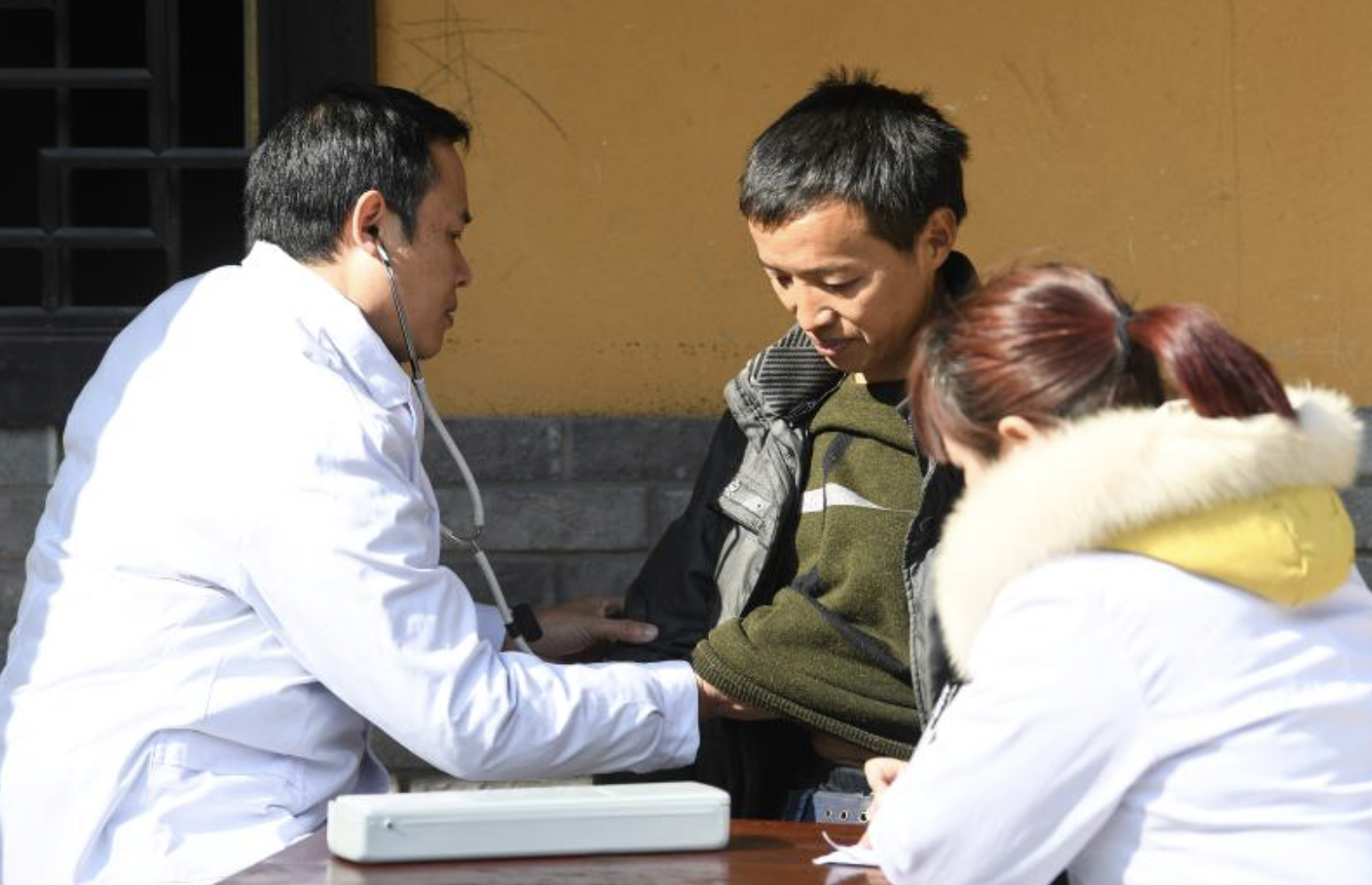
Expanded coverage, enhanced medical insurance services weave stronger safety net in China
China’s streamlined medical insurance now covers 95% of citizens, enabling instant newborn enrollment and broader benefits, including maternity and long-term care. Digital upgrades and oversight boost access, equity, and efficiency across the country’s healthcare...
Using European Union funds to improve access to community-based mental health care: lessons from Czechia
Czechia has established 29 community mental health centres (CMHCs) using EU funds, bringing together health and social care professionals to provide comprehensive, person-centred services for people with severe mental health conditions. These centres have improved...
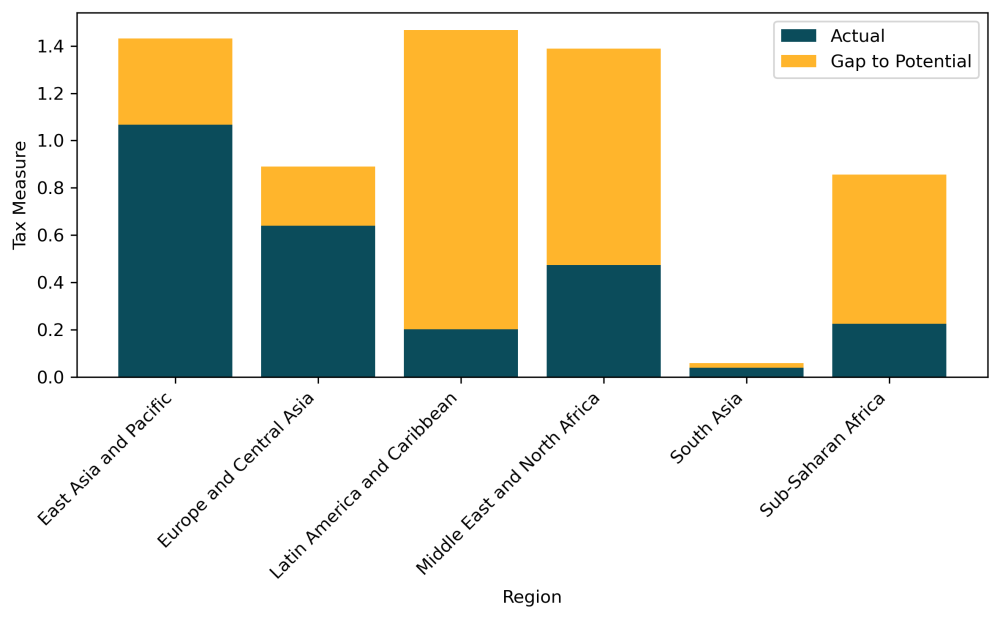
Health taxes offer revenue potential and health gains, CGDev blog explains
Sanjeev Gupta and Joao Jalles highlight how health taxes can save lives, curb harmful consumption, and unlock vast untapped revenues for stronger, fairer health systemsA Center for Global Development blog by Sanjeev Gupta and Joao Jalles explores how health taxes can...

80 years of care: Việt Nam’s health sector from battlefield to universal coverage
From modest beginnings, Vietnamese medicine has advanced to world-class standards, with surgeons now performing transplants, robotic-assisted surgeries, artificial heart implantations and stem cell therapies. The August Revolution of 1945 signified not only the birth...
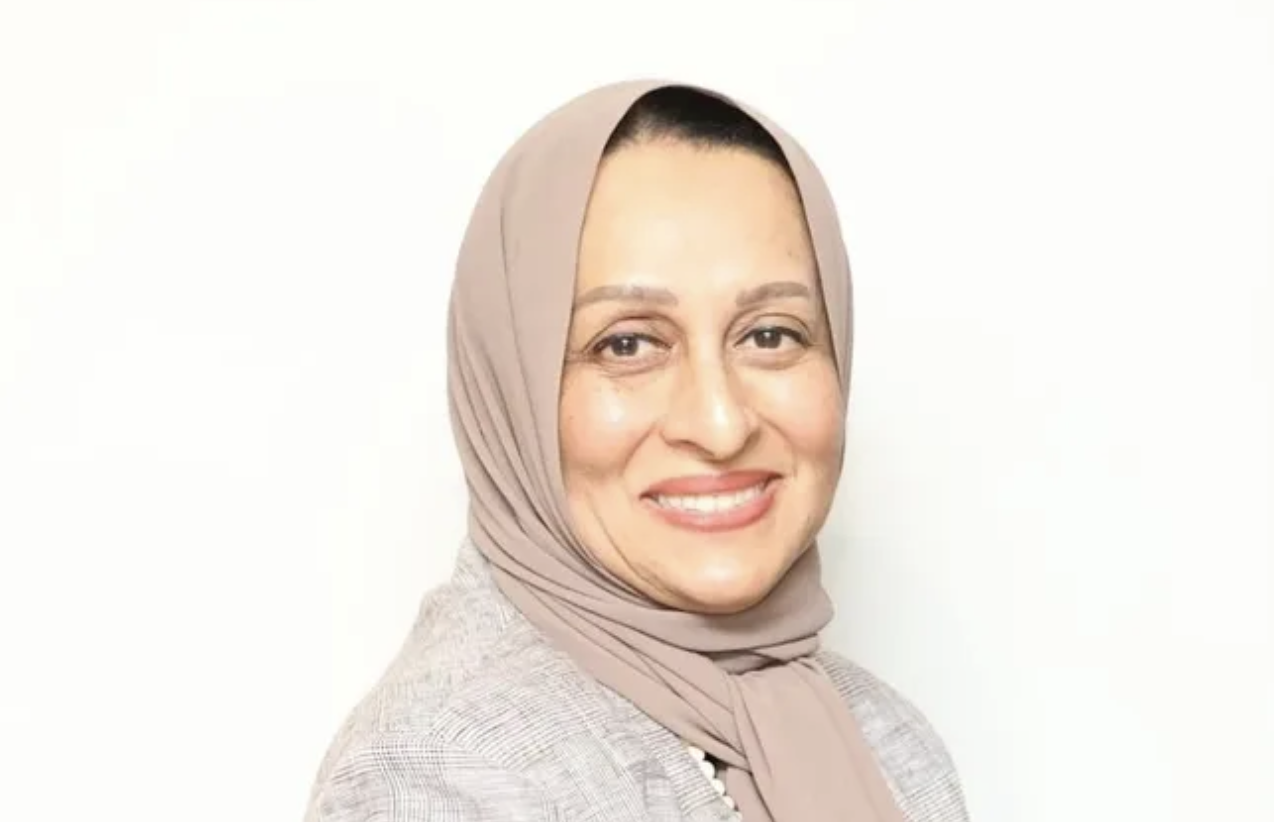
Advancing universal health coverage in South Africa: A global imperative with local relevance
South Africa’s National Health Insurance (NHI) aims to advance Universal Health Coverage by addressing inequities between the well-resourced private sector and the underfunded public sector. While progress has been made, challenges persist, and WHO supports reforms to...
Can people afford to pay for health care? New evidence on financial protection in Czechia
Czechia exhibits lower catastrophic health spending than many EU countries, but the poorest quintile and older adults still face high out-of-pocket costs, primarily for outpatient medicines. Gaps in coverage—limited co-payment protections, inadequate adult corrective...
